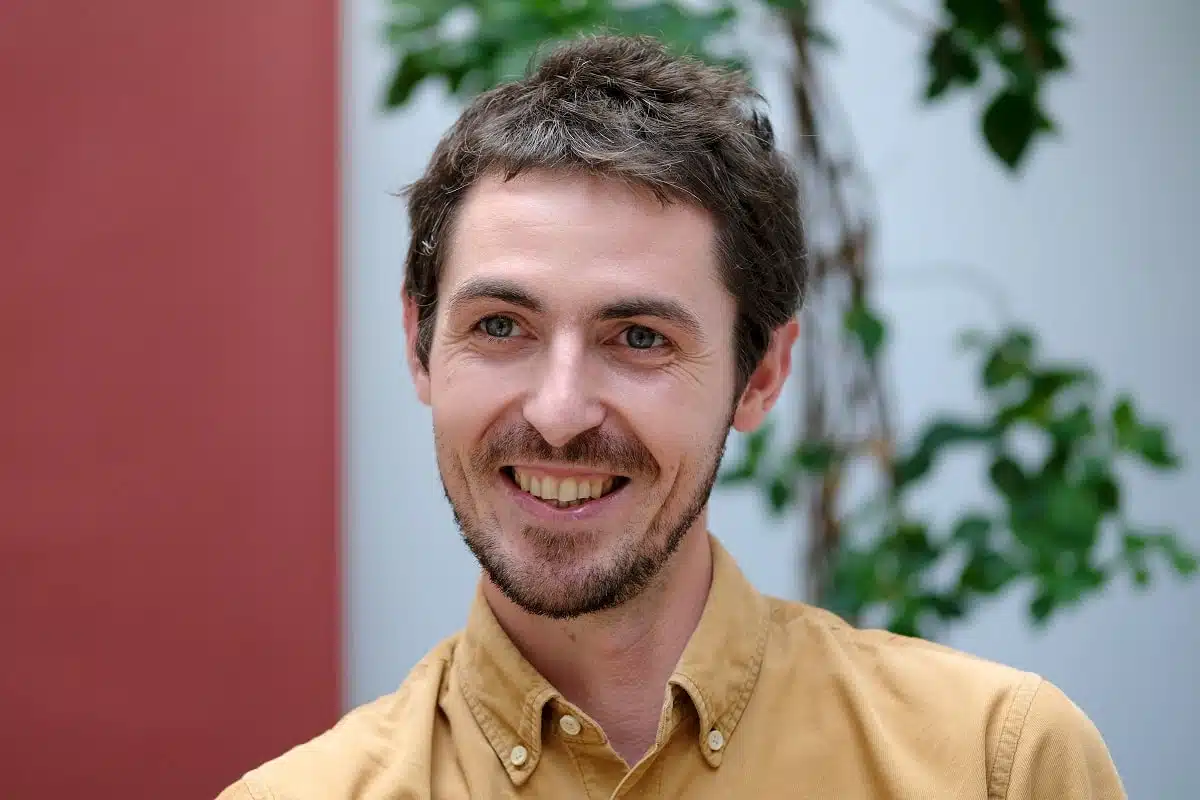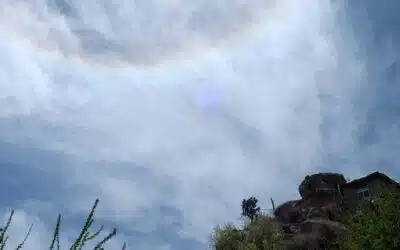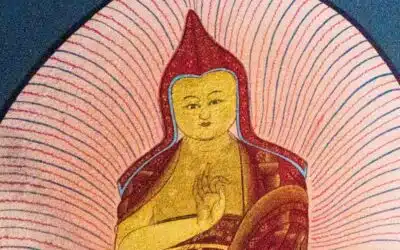Hic et nunc

Written By Grégoire Langouet
Blog | The Dzogchen Journey
In “Hic et Nunc”, Grégoire tries to answer this question: “On the Dzogchen path, when can we reach the primordial nature recognition?”
Series: Where to practice the Dzogchen path?
Hic et Nunc
In the Buddhist and Dzogchen traditions, when we talk about meditation practices, teachers often speak of “coming back to the present”: concentrating in the moment – not following the past, nor anticipating the future; and not even conceptualizing the “present”. These are essential instructions, very simple because profound, simple because not so easy to integrate.
After all, how much time do we spend anticipating the future or remembering the past? Not necessarily very far in the future – like the end of capitalism or the origin of fire – but what just happened a few minutes ago, or what is going to happen in a few hours’ time. Let’s take the time to observe that. We will then be able to deduce how much time we really spend in the present – present to the moment, here, now. And in these traditions, there is no way forward outside of the present moment.
When we embark on a “spiritual path”, a very particular way of life, it’s about starting from where we are – point A – to get to another state – point B – because A doesn’t satisfy us. So we try to change it by rejecting what bothers us and looking for what we think we need. We therefore have the impression that we have to travel a certain distance between what we are (A) and what we think we should be (B) – to be happy, joyful, even enlightened, who knows. So time has to pass… There is a before and an after. But do we really get there by running towards the after in order to get away from the before? Because then the goal seems to be pushed back forever. Like the limits of the universe: the further we go, the more it opens up, more and more…
“But in all these cases, the practice will always be in the moment – hic et nunc, as our Latin ancestors would have said.”
The horizon set by these traditions, the goal of the path, is called Awakening or Enlightenment – as it is still sometimes translated in English (and the metaphor of light is not uninteresting) -, or the fullness of pure enlightenment, as we in the Dzogchen Today! translation committee prefer to say. So, is this enlightenment more or less distant on our path? Yes… and no.
Yes, relatively speaking, when we think about the countless existences we spend, have spent, and may spend training, purifying and transforming. That would be the gradual perspective of the Buddhist vehicles. But not according to Dzogchen, the Great Perfection. In its radical form, enlightenment is nowhere else but right here and now – without, however, having no place: the sphere of oneness, as the tradition says. Nowhere else to look, because that would only take us away from “it”.
So every moment of practice, whether formally on the cushion or in our daily activities, is a doorway to enlightenment – a pathway to the Great Perfection. It is accessible to us only in the present. It is always there, waiting for us without waiting. Except that we are often a little blind and deaf – thick curtains hide it from us (but the metaphors would apply to all the senses).
These different views, visions or perspectives on reality – awakening-after, awakening-but-hidden-to-be-revealed-and-developed, and awakening-always-already-there-just-to-be-recognized – correspond to the different vehicles of these traditions: vehicle of the cause, vehicle of the fruit and vehicle of the base. A vehicle that allows us to get from A to B. But in all these cases, the practice will always be in the moment – hic et nunc, as our Latin ancestors would have said.
No path without the present. No achievement of results outside the moment. No recognition of the Base in time.
But let’s be clear: there is nothing inherently wrong with “past” or “future”. They are simply concepts, grasped ideas, general and vague, abstractions that distract us from our fundamental nature. They are manifested illusions whose essence as emptiness-luminosity is not yet recognized – but soon will be…
More Posts
Being Your Own Master
Relationship with a master requires discernment. “Being your own master” offers insights into understanding devotion and avoiding pitfalls.
Phenomena
"Phenomena" is the second entry in a new category designed to improve understanding of essential Dzogchen words and concepts.
The Story of the First Masters: Manjushrimitra
We continue the Stories of the First Dzogchen Masters with Manjushrimitra, who structured the verses of Dzogchen into three series.




